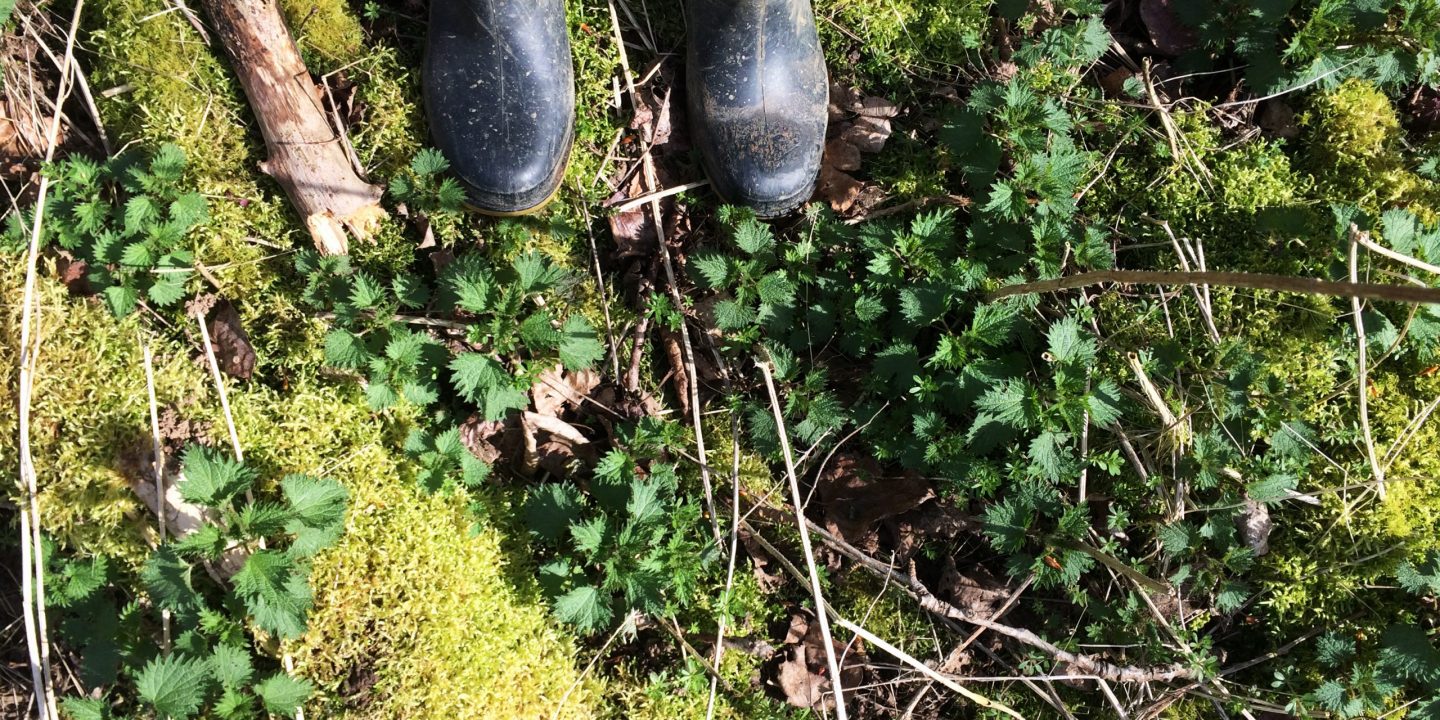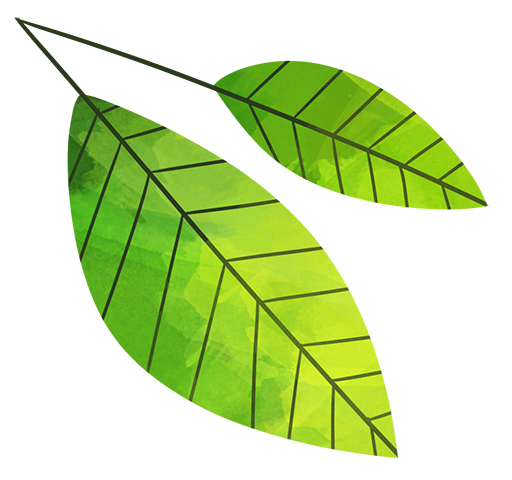
New beginnings are always tricky. For most of us, undergoing a change is the major challenge. For me, settling into new environment is never that easy, and, coupled with complexities of bureaucracy and permeating fear from disease, additionally added to the uneasiness and unpleasantness of being elsewhere.
Whilst the process of coming here may sound like a real ordeal, I am trying to give value to its other dimension with its qualities such as hospitality, comfort, security and slowness. These are the concepts which I think lots about anyway, and now, in these strange times, they sound ever more relevant.
I have begun to appreciate this period in between jobs and all the good things it allows for, despite the moments in which I think I am stuck or that I am making no obvious progress. There is progress, but it is slow. It is not instantaneous, but takes time to occur. This situation is a great teacher. It shows us how things don’t really need to be done immediately. We should unlearn to be impatient, and learn to wait and embrace the process of waiting.
I am now sitting in a sofa, sipping mint tea and stroking a very lazy calico cat. I am wearing old but comfy clothes, my hair is messy and I have not put any make up for days. The sun is shining onto the books and furniture in the living room, the smell of food is coming from the kitchen, the distant chatter is making me feel secure as I am now within a family. I don’t have to rush anywhere and I have no deadlines to meet. But wait a second – isn’t this a luxury!?
This made me reflect on my first week of being in a place that I had never planned to occupy, and in which I ended up rather spontaneously. I realised that I have done things that I would otherwise struggle to find time for. I have read three books, written several letters and two blogs, completed two online teaching courses, updated my academic portfolio, cooked fine meals, slept long, experimented with honey, ginger and celery sticks mixture, exercised, ran and walked and simply enjoyed the peripatetic pleasures in the rural areas of Cotswold. I have been very patchy in reading the news and paid very little attention to the statistics that are here only to add to our anxieties and amplify fear.
I contrasted these days to the ones only several weeks ago when I was still at home. I would wake up at the crack of dawn to find peace and quiet to write before heading to work. I would struggle to read more than couple of pages of book before sleep because I would be too shattered to focus on anything, I would write zero letters and thousands of work-related emails. My phone would constantly buzz and flash and ring, I would eat take-away food or out in restaurants and would see none to very little of nature or my family. I would be ticking things off long to-do lists, sitting in meetings, discussing new or ongoing projects. And this was making me tired… mentally, emotionally and physically tired. It may be wrong to think this way, but I badly needed this break as it appears to be an ideal space to recuperate and consolidate.
True, in the rush and crush of modern life, fast speed is a norm. We rarely find time for boredom and idleness. We simply don’t give ourselves a break. The rarities are what makes us truly happy and, perhaps, ontologically free. In my case, these are space, quiet and time. A space to breathe, a quiet to relax, a time to dream. They allow for breaking away from our busy calendars. Doing things slowly and as they come help us forget the chronological time managed by the clock and embrace the time to do things meaningfully. The time I have spent here, in countryside, has totally slowed me down. It has reduced my heart beat, it slowed down my brain activity, it allowed me to get out for an amble in the fields with pen and paper and leave my phone behind.
And this is where I think that the newly coined phrase ‘Stay at home’, used to convey the message that we should be responsible, social distance and self-isolate indoors, has a broader meaning. It may represent an additional challenge in a culture of deadlines and expeditious achievement. Temporary staying at home can be an ideal restorative in compensating for the fast pace of modern urban life through offering great scope for the return to self through idleness, slowness, patience, security and, what is most important, familial and communal belonging. This situation is putting us on a test and showing us that we are not almighty machines, but only frail humans.


No Comments